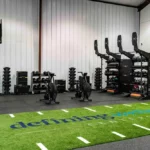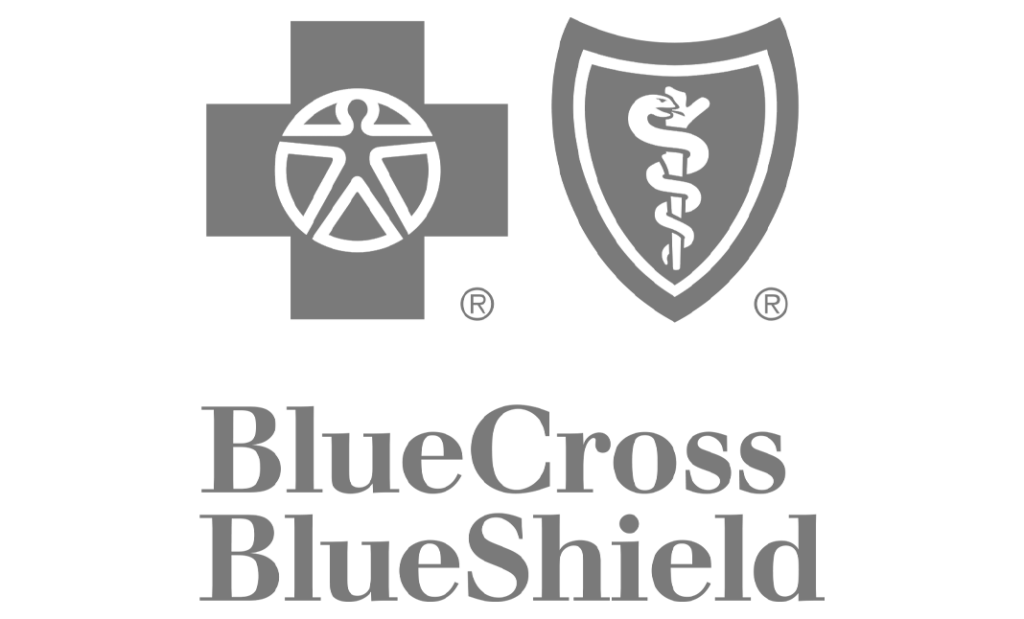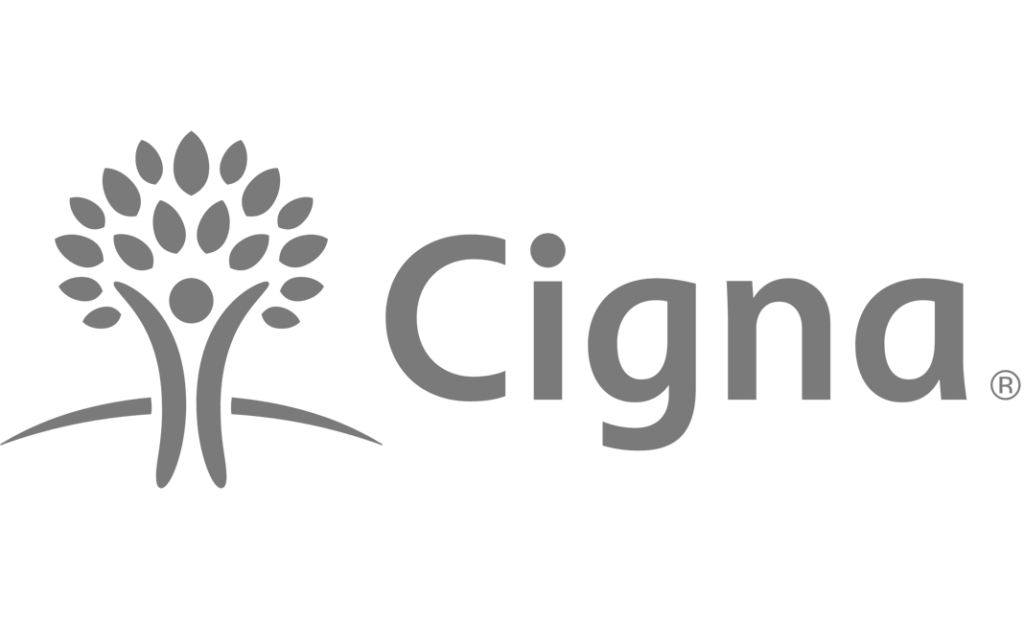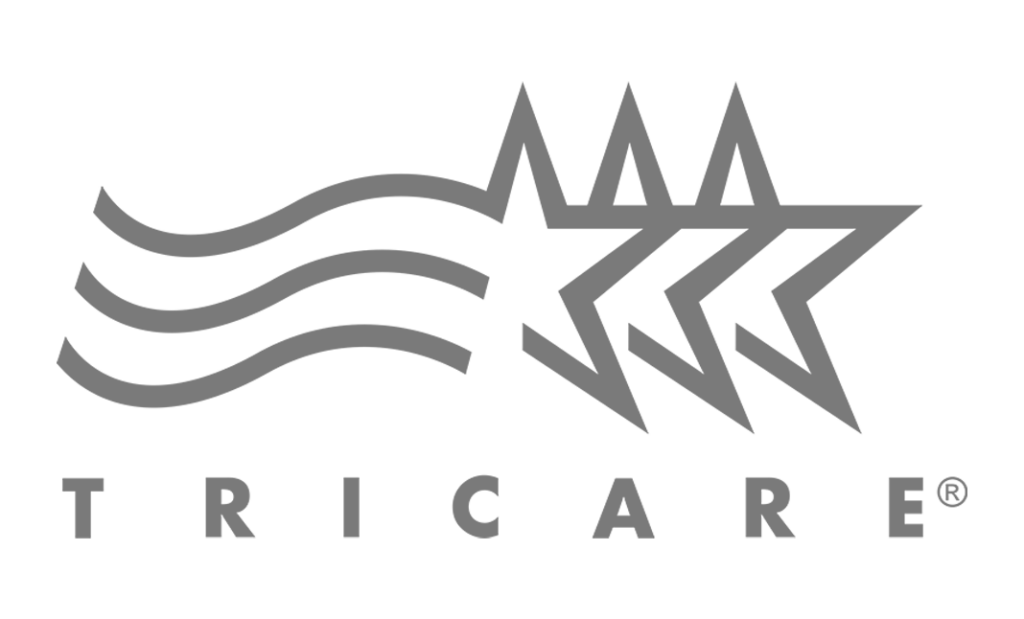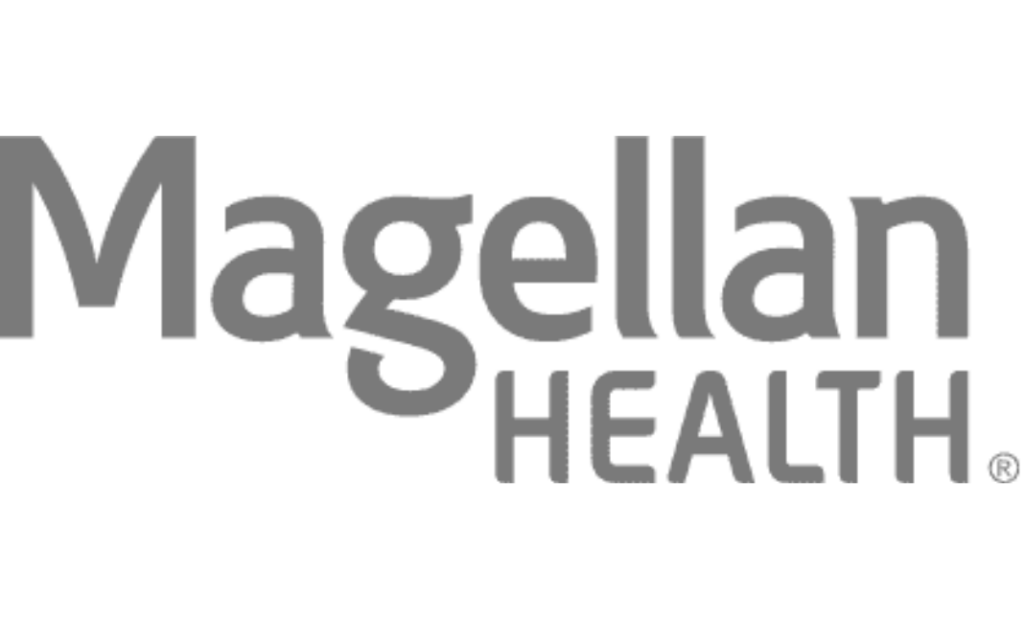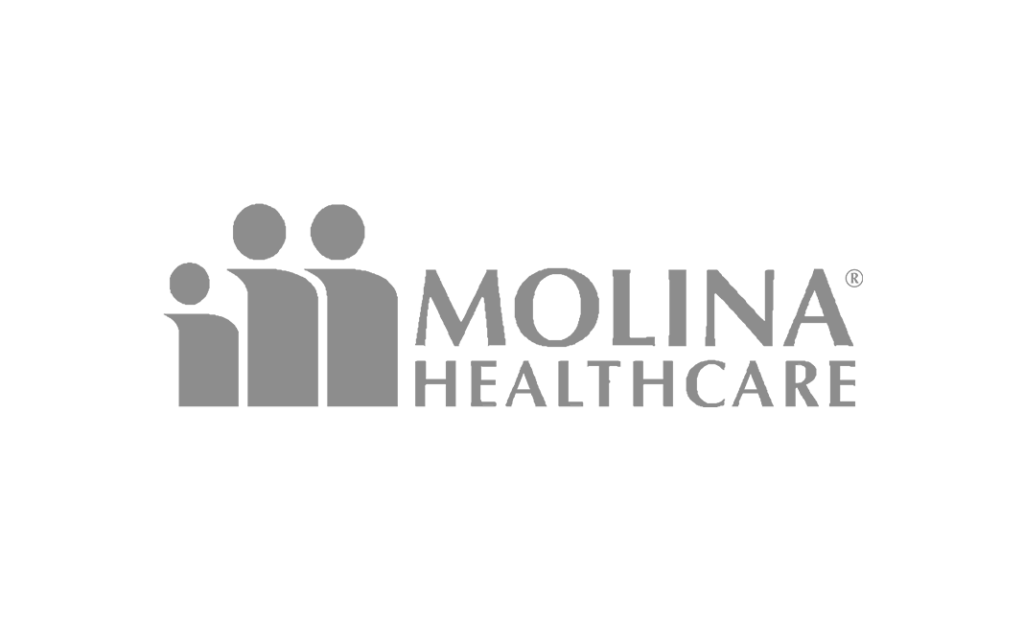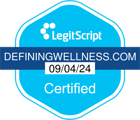Depression and addiction are both challenging struggles in their own right. However, some people can actually experience both conditions at the same time. Not only does this make your struggles more complicated, but it can feel like depression and addiction are controlling every aspect of your life. This makes it all the more difficult to find long-term healing for these simultaneously debilitating disorders. That’s why it’s important to choose an integrated approach to your rehab—called dual diagnosis treatment—to achieve the real recovery you or your loved one deserves.
Depression, Explained
As we explore dual diagnosis rehab and why it’s so important for treating both depression and addiction simultaneously, it’s helpful to understand each condition individually. Depression itself is a very common mental health disorder that affects about 280 million people worldwide. In other words, if you’re struggling with depression while reading this, know that you’re not alone.
Just imagine being down all of the time, so much that it impacts the way you think, feel, and act every day. Depression (also known as major depressive disorder) is a disorder that affects your mood, causing a constant feeling of sadness and a consistent loss of interest. As a result, your depression can interfere with your ability to perform day-to-day tasks and live a normal life. Because it’s not a disorder you can simply overcome on your own, many people will seek professional treatment, including medications, to manage their symptoms. Some common symptoms of depression can include:
- Loss of interest or pleasure in activities and hobbies you previously enjoyed
- Ongoing feelings of hopelessness, sadness, or emptiness
- Irritability or angry outbursts
- A lack of energy, so much that doing small tasks takes more effort
- Changes in weight and appetite
- Slowed thinking, speaking, and movement
- Difficulty concentrating
- Sleeping too little or too much
- Feelings of worthlessness or guilt
- Suicidal thoughts
Understanding Drug & Alcohol Addiction
An addiction or substance use disorder, on the other hand, is marked by the continued use of a substance despite any negative consequences it may cause. When you’re addicted to a substance, you’re compelled to use the substance over and over again, no matter if it’s causing you harm. You may even want to quit, but you can’t. It’s as if your mind and body believe the substance is necessary for you to function.
Addictive substances can range from alcohol or your own prescription drugs to illicit drugs such as meth, heroin, or cocaine. Because certain substances are more addictive than others, the amount of uses it takes before you become addicted can vary. However, if you’re like many, your substance abuse probably began as a curiosity or a preferred coping mechanism before eventually spiraling into a total addiction. As a result, if you have an addiction or substance use disorder, it’s likely you’ve experienced the following symptoms:
- Intense cravings or urges for your substance of choice
- Needing more of the substance to achieve the same effects
- Feeling that you need to use your substance all the time
- Continued substance use, despite knowing that it’s causing you problems
- Spending a lot of time obtaining your substance, using it, and recovering from its effects
- Neglecting personal or work responsibilities in favor of substance use
- Putting yourself in risky or unlawful situations to obtain your substance
What are Co-Occurring Disorders?
When you’re struggling with both depression and a drug or alcohol addiction simultaneously, you have what are known as co-occurring disorders. To be diagnosed with co-occurring disorders, there needs to be the presence of both a mental health disorder and a substance use disorder at the same time. Besides depression, other common mental health disorders co-occurring with a substance use disorder can include:
- Anxiety
- Bipolar disorder
- Post-traumatic stress disorder (PTSD)
- Personality disorders
Any co-occurring disorder will often contribute to the other. In fact, about half of people who have a drug or alcohol addiction will also be diagnosed with a mental health disorder, so they’re very interconnected.
In the case of depression and addiction, someone struggling with depression may seek out drugs or alcohol to cope with their symptoms or self-medicate their feelings. As their tolerance for their substance grows, they can easily become addicted. On the other hand, if you become addicted to alcohol or drugs, your substance abuse can impact your brain’s chemistry, leaving you susceptible to developing mental health disorders like depression.
When you’re in the throes of co-occurring disorders like depression and alcohol, it can feel like a vicious cycle of both conditions feeding off of one another. Because of this complexity, getting help from a dual diagnosis treatment facility can make all the difference.
Why Dual Diagnosis Treatment Matters
When you have a dual diagnosis, or co-occurring disorders, it’s vital to partner with dual diagnosis rehabilitation centers when seeking treatment. A facility offering dual diagnosis treatment means they have the capability of addressing both your conditions at the same time. Not every treatment center offers this expertise, which may drive you to simply address one disorder at a time and choose a local facility option. However, such a decision usually doesn’t work out for you in the long run.
By addressing each co-occurring disorder one at a time, you’re putting yourself in a vulnerable position. While you may make progress on one disorder, the other is left untreated and will only get worse. And because these co-occurring disorders are so interconnected, your untreated disorder may eventually interfere and negate any progress you’ve made on the other. But by choosing to prioritize the best dual diagnosis rehab centers instead for your care, you’re putting yourself in the best position to heal long-term.
Overcoming Depression and Addiction: What to Expect at the Best Dual Diagnosis Treatment Centers
As you or your loved one seeks to overcome co-occurring depression and addiction, what should you expect the dual diagnosis treatment process to look like? The best dual diagnosis treatment centers separate themselves from the rest by offering the following in their integrated approach to your care:
Medically-Supervised Addiction Detox
When you’re receiving treatment for both a drug or alcohol addiction and depression, one of the key first steps is to remove the addictive substance from your system. After all, you can’t heal mentally without first healing physically. Because your body and brain are used to the substance’s constant presence in your system, they have to adjust to its absence when you’re wanting to quit. This often produces unpleasant (and even dangerous) withdrawal symptoms.
That’s why a dual diagnosis treatment facility will help you wean off drugs or alcohol under medically-supervised detox. The goal here is to keep you safe while slowly tapering off of your substance, reduce unpleasant withdrawal symptoms, and prevent you from relapsing. Once you’ve completed detox, you’re in a better state to receive further treatment.
Trauma-Based Therapy
With a dual diagnosis, both your addiction and depression are often rooted in unresolved past trauma, such as adverse childhood experiences. Therefore, you need to heal the underlying root causes of your dual diagnosis, not just your symptoms, if you’re ever going to achieve lasting recovery.
By offering trauma-based therapy, the best dual diagnosis rehab centers help you directly address these negative emotions, experiences, and thoughts driving your struggles. Through experiential therapies like psychodrama and equine-assisted therapy, you can safely process your trauma and begin to emotionally heal from your past.
Healthy Coping Skills Development
It’s important in the dual diagnosis treatment process to replace the negative coping mechanisms that led to addiction with positive ones that can keep you healthy. This starts by changing ineffective ways of thinking and healing emotional dysregulation through evidence-based therapies such as:
- Cognitive behavioral therapy
- Dialectical behavioral therapy
- Motivational interviewing
Through these therapies, you can learn better ways to cope with any negative feelings or stressors when future challenges arise. As a result, you’re equipped to stay the course in your recovery journey long after your treatment ends.
An Individualized, Holistic Plan of Care
The struggles and experiences associated with both addiction and depression will vary from person to person, especially when they co-occur together. That’s why it’s important to seek dual diagnosis facilities that personalize their treatment based on your individual needs and goals. The last thing you want is a formulaic, one-size-fits-all plan of care that severely limits your ability to heal.
At the same time, treatment of dual diagnosis needs to take a holistic approach, addressing the psychological, mental, physical, and spiritual aspects of your healing from addiction and depression. This may range from targeting depression’s chemical imbalances through medication support to group therapy and residential housing, cutting-edge biotechnology, fitness and nutrition, and more.
Get the Help You Need to Heal
By integrating treatment that can address both your depression and addiction at the same time, real, long-term recovery can finally be within your grasp. At Defining Wellness Centers, our dual diagnosis treatment program is one of the best in the nation at helping people like you find the healing they need to reclaim their lives. If you’re ready to get started, contact our team today.







